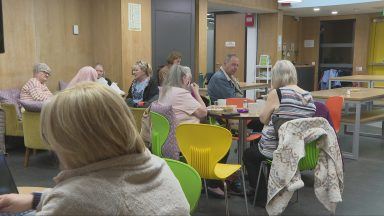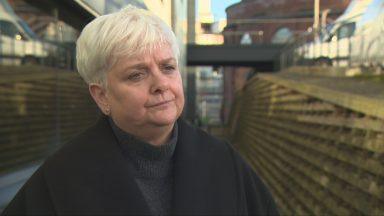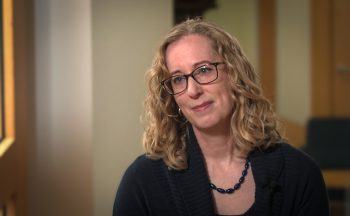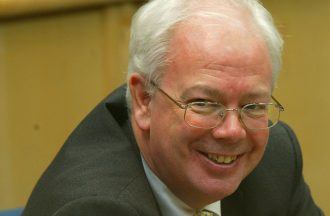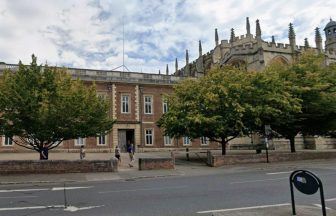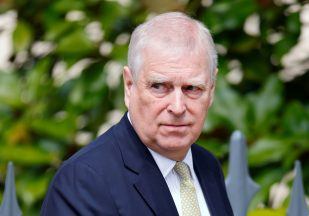A “homegrown” Scottish cryptocurrency is set to debut on a major cryptocurrency exchange, with its valuation expected to reach £200m.
Scotcoin will launch on the MEXC cryptocurrency exchange at 10am on Wednesday.
The “ethically-focused” crypto project is designed to help the third sector, which includes charities, social enterprises and community groups.
Temple Melville, CEO of The Scotcoin Project, said: “Listing is a huge step forward in our plans – helping more individuals, businesses, and charities to access the token and use it as a mean of exchanging goods and services.
“Having a dedicated team in place will allow us to focus our efforts on signing up preferred partners in the areas we have identified and, most importantly, provide even more support, on a greater scale, to people who need it.”
‘We’re building an ecosystem’
Scotcoin was first launched in 2013 as one of the first country-specific cryptocurrencies, with the Scotcoin Community Interest Company (CIC) formed in 2014 to support it.
Glasgow pub The Arlington was the first business to accept the digital currency in 2015.
Mr Melville explained it was developed to create “internal value” within the economy in the case of an independent Scotland, with the vision of providing social and economic benefits to communities.
The organisation has set out its goals to develop an “ecosystem” where Scotcoin is used as a means of payment for a range of goods and services, distributed directly and via approved agencies to third sector groups.
The project has worked with charities such as Emmaus and Mary’s Meals.
Mr Melville said: “We’ll have the ability to say, ‘we’re going to give these people some Scotcoin, and they can go to designated preferred partners and buy whatever it is they need. Rather than us handing out clothes, they can pick up what they need.
“Then there’s waste. There are always people who are busy throwing clothes away, and manufacturers want to burn them if they don’t need them. That’s not a good thing.
“We want to help these people. We say, ‘you sell us your clothes, produce them, and pay for them in Scotcoin. then distribute them to those who need them.
“We’re building a circular economy.”
Funds raised during the listing will be used to recruit a full-time management team for The Scotcoin Project Community Interest Company (CIC).
The listing, which will see the tokens valued at a combined £200m, will pair Scotcoin with Tether – the world’s most liquid and largest dollar-denominated stablecoin.
How Scotcoin works
Scotcoin transitioned to the Ethereum blockchain in 2020, which provides the security and reliability of established cryptocurrency infrastructure while maintaining zero transaction fees through the use of its proprietary Scotscan app.
“The short answer is it is a smart contract; this is a token which we call Scotcoin, which says ‘these are the attributes it has’,” says Mr Melville.
“Bitcoin is continually being mined all the time. We don’t do that; we have a fixed supply. Pre-mined, no more to be created.
“Our price will go up and down; I hope not too much, but it will.”
Mr Melville points to examples in other countries where so-called community currencies are thriving, such as WIR, a supplementary Swiss currency which began trading in the 1930s during the banking crash.
“It was a virtual currency that began trading at a time where banks had no money at all. They had no liquidity.
“Now WIR turns over $7bn a year – it works very well.”
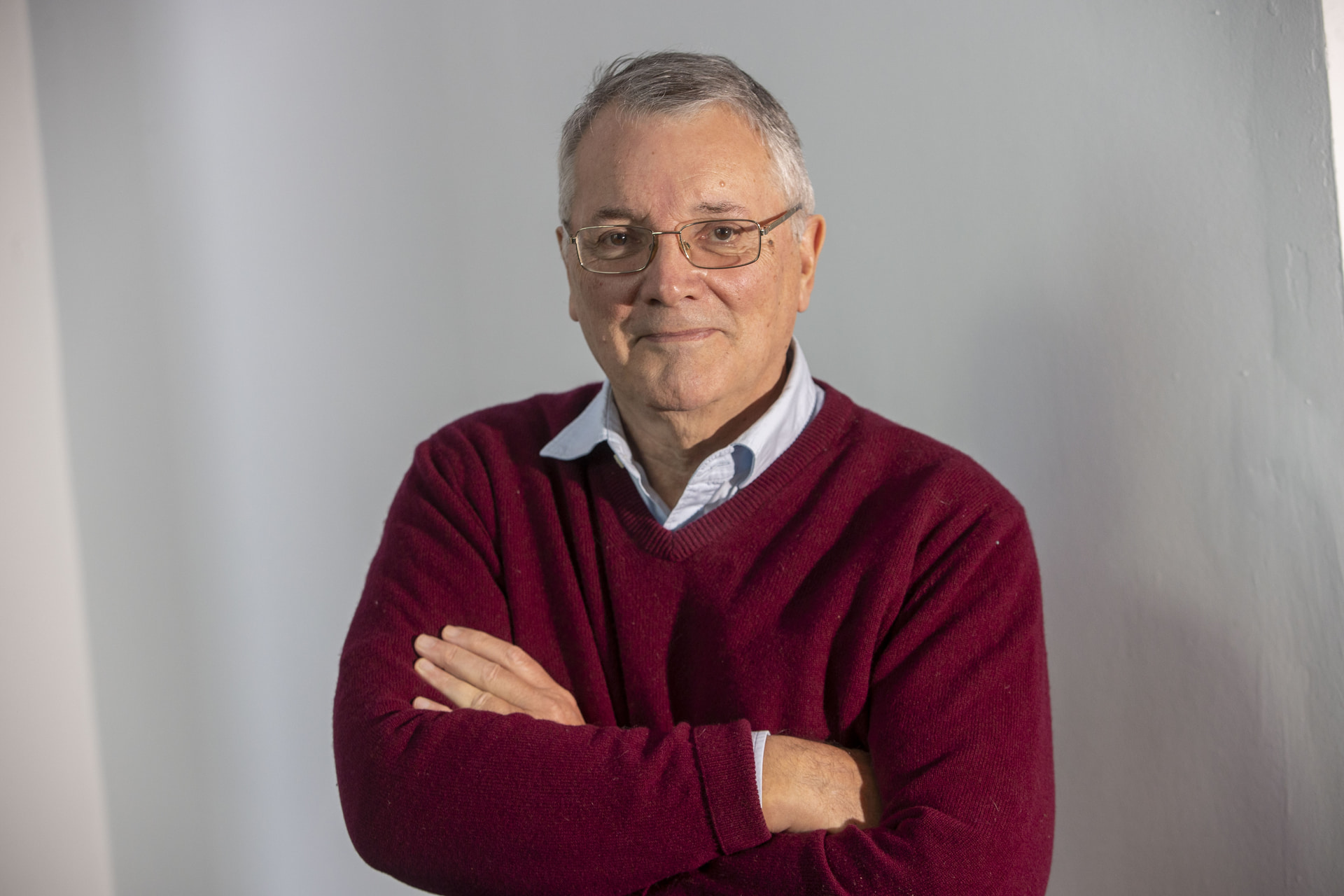 Frame Creates
Frame Creates‘A way to democratise access to finance’
Professor Aggelos Kiayias is the director of the Blockchain Technology Laboratory at the University of Edinburgh, with nearly 30 years of experience as a cryptographer and computer scientist.
He explains Bitcoin, units of currency traded over a computer network without the need for banks, was developed after the financial crisis in 2008.
The cryptocurrency is created through a process called “mining,” where computers solve complex problems to validate transactions and earn new Bitcoins as reward.
“A lot of people were concerned about the financial system, which had many disadvantages, especially for small investors and regular people. There needed to be a way to democratise access to finance and offer more public control over what could or couldn’t be done.
“Bitcoin is an example of this in the sense that its supply is finite. If you use it to transfer value, there is no way to mint more Bitcoin. There’s no way to adjust the supply or make it inflationary.
“If someone says, ‘make more Bitcoin because it suits me or suits my policy,’ that’s impossible.
“That’s something we’ve never had before: something that is simultaneously scarce and can be transferred digitally.”
Professor Kiayias compares the revolution of cryptocurrency to the advancement of digital media in the Nineties, noting the inevitable growing pains.
“There was a huge upheaval – opportunism, selling information, copyrighted material,” he added. “The whole industry was turned upside down by new technology.
“Let’s take something like YouTube. It was impossible 30 years ago that someone could make a living by posting videos and self-publishing. That wasn’t something you could easily imagine at the time, but now we see it happening.
“Similarly, the ability for people to self-publish, define their own networks, and interact digitally with other networks that encode other types of value – that’s where we are now. The era of self-publishing is coming to finance as it did with media.
“We are at the same position where new technology is coming to democratise and make full use of the internet for finance, enabling people to encode and transfer value over the internet. One of these key technologies is going to be part of that disruption. We will see it play out.”
He explains that creating a digital asset is simple, but building value is the real challenge. “The tools are there and easy to use, but what have you accomplished with them?”
Why use cryptocurrency?
So why use a cryptocurrency like Scotcoin over traditional fiat currencies?
“The biggest thing is it’s much cheaper and quicker,” Mr Melville said.
“If you want to send money to a project in Africa from the UK – it goes through various different banks, and they all take a cut – £100 can becomes £60, £50 or even £40. You can do the same thing with crypto, and they get the full amount.
“The other week, I was sending money to America. If you do it through a bank, it takes a week to ten days and costs about 2.5-3% of what you’re sending – £20,000 costs, say, £600.
“I used crypto and it arrived 40 seconds later, costing me under two dollars.”
While investing in cryptocurrency is growing in popularity, markets can be volatile, meaning their value can go up or down quickly. This can make them a bit unpredictable compared to regular money.
Mr Melville said there is also still some scepticism over the use of cryptocurrency, particularly in the third sector.
“There is a perceived problem with cryptocurrency in that charities don’t really understand it,” he admitted. “But it’s treated the exact same way as money by HMRC.
“If you have crypto or Euros in your balance sheet, it’s translated at the year end and reflected on the balance sheet.
“It’s not mysterious – it’s straightforward.”
Scotcoin is already held by around 6,000 individuals across 50 countries and a growing number of third sector organisations and charities.
Chiefs hope this cryptocurrency can be a force for social change.
“The Scottish diaspora is strong. I think a lot of our backing comes from people who want things to be better in Scotland,” Mr Melville said.
“Funnily enough, I was speaking to someone in Germany who owns Scotcoin who’s not Scottish, but likes that it’s doing good things for people who need it.
“There’s a lot of value in building up points by doing good things, helping people, and doing good for the planet – we are not using electricity the way Bitcoin does. There are a lot of positive points which can adhere to that.”
He added: “None of the management has taken a salary. We’ve funded it up to now, and as a result, we’ve received tokens in exchange.
“We will wait three years before we can sell any.”
Could other ethical crypto ecosystems be created?
Professor Kiayias says he is interested to see how cryptocurrencies can be used in “meaningful” ways for years to come.
“I do expect people will use them in interesting ways. As with many things of that nature, their success relies on how big the network is. I do expect these systems can be very powerful.
“It’s like asking, ‘is it useful to have a phone?’ Of course, if you’re the only person that has it, it’s useless. The value of your phone is not only that you have it, but how many other people also have it.
“Scotcoin could create the right framework for more good things to happen, charities and other examples. I’m not sure if it’s on their agenda, but it’s a great use case.
“You let people create currencies, digital assets, freely, and use the systems to transfer value. Good things will happen.
“There are also a lot of downsides because it’s a powerful tool, and criminals want to use and exploit it for their goals – though that’s not necessarily intrinsic to cryptocurrency.
“This technology aims to give more tools to people to do what they want to do, get more access to finance, provide better cost efficiency, and engage with world finance in the way they want.
“It increases access and makes the world a smaller place in a way, making it easier for people to work together across borders.”
Follow STV News on WhatsApp
Scan the QR code on your mobile device for all the latest news from around the country


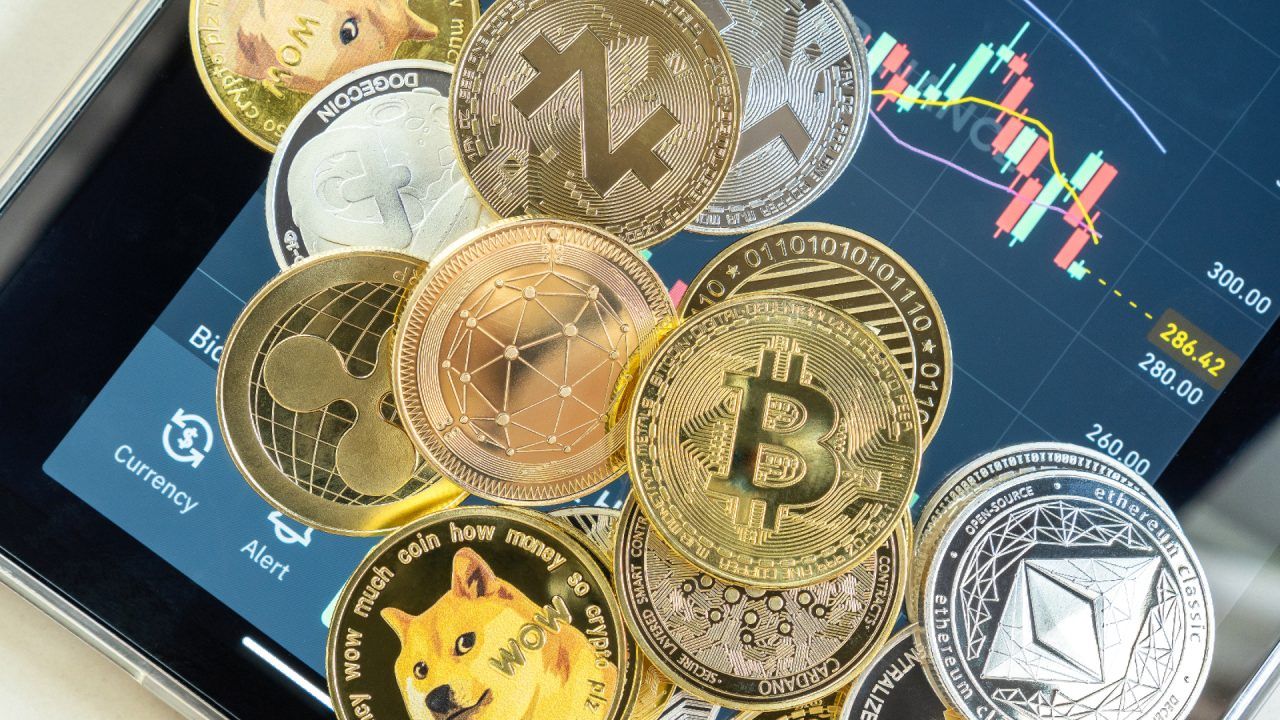 iStock
iStock




